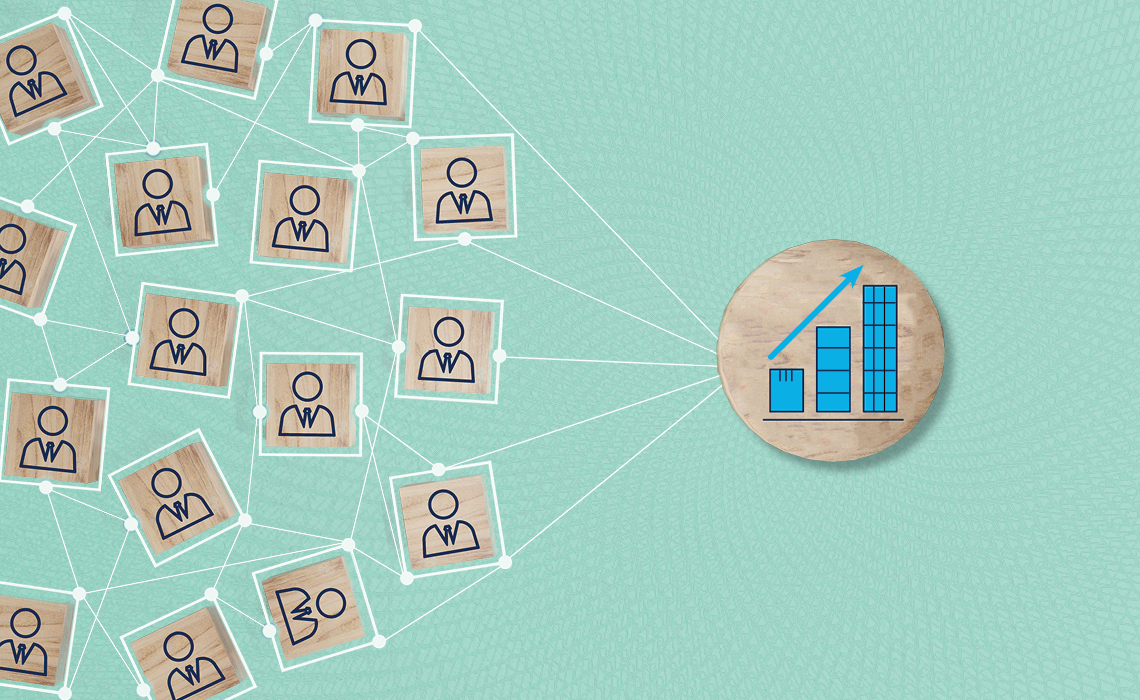Share this
by Matt Waters, CPA on November 11, 2016
Matt Waters, CPA, MBA, CGMA
Former Lease Accounting Manager with the Largest Home Improvement Retailer in the U.S.
I worked with a Fortune 50 retailer when the initial lease accounting regulation draft was released, and the entire accounting industry was buzzing. I received requests from the highest level of the organization to analyze our lease obligations and forecast their impact on the balance sheet. Soon afterward, I was asked to lead the company’s efforts to prepare for the new standards, because we understood that they presented a “not if, but when” situation.
As we considered our obligations, we recognized that consolidating all lease data into one department would help gain efficiency in the preparation of financial reports, 10K footnotes, budgets and forecasts. Initially I was concerned that other departments, which had traditionally housed their own lease data, might resist the move to consolidate all of their lease information with accounting teams. I was sensitive to protecting relationships across departments, and I made sure to communicate that I was not interested in restricting the ability to manage their leases. After explaining how our efforts would bolster the visibility and control over lease data, there were no objections. Everyone was happy to help.
As I went through the consolidation process involving multiple departments and thousands of leases, it quickly became necessary to evaluate software solutions. I wanted something scalable and intuitive. Also, to support my relationships with other leaders across the company, I wanted a software solution that was not just created to be an accounting tool. It had to be designed to support the business and provide robust accounting functionality.
While reviewing software solutions, I realized that I could add even more value to the organization. Organizing lease data in one system allowed the business to see patterns, eliminate waste and make more informed decisions. Ultimately, not only could I provide better data around leasing, but I could also add money back to the bottom line.
Share this
- Lease Accounting Software (89)
- ASC 842 (83)
- Accounting Teams (52)
- Lease Administration Software (26)
- Retail Tenants (16)
- Commercial Real Estate (14)
- Lease Management (12)
- Real Estate Teams (9)
- ESG (8)
- Market Data and Analytics (8)
- Success Stories (8)
- News and Media Coverage (5)
- Transaction Management Software (2)
- frs 102 (2)
- Customer Success (1)
- Office Tenants (1)
- July 2025 (1)
- June 2025 (4)
- May 2025 (2)
- April 2025 (2)
- March 2025 (6)
- February 2025 (3)
- January 2025 (4)
- December 2024 (1)
- October 2024 (4)
- September 2024 (2)
- August 2024 (5)
- July 2024 (3)
- June 2024 (3)
- May 2024 (4)
- April 2024 (1)
- February 2024 (1)
- December 2023 (4)
- November 2023 (6)
- October 2023 (4)
- September 2023 (2)
- August 2023 (2)
- July 2023 (3)
- May 2023 (2)
- March 2023 (1)
- February 2023 (3)
- January 2023 (1)
- December 2022 (3)
- November 2022 (4)
- October 2022 (4)
- September 2022 (1)
- August 2022 (4)
- June 2022 (1)
- May 2022 (4)
- April 2022 (8)
- March 2022 (3)
- February 2022 (1)
- January 2022 (2)
- November 2021 (2)
- October 2021 (2)
- September 2021 (3)
- August 2021 (15)
- July 2021 (3)
- June 2021 (1)
- May 2021 (1)
- April 2021 (3)
- March 2021 (1)
- January 2021 (1)
- December 2020 (3)
- November 2020 (1)
- October 2020 (2)
- September 2020 (2)
- August 2020 (3)
- July 2020 (2)
- June 2020 (3)
- May 2020 (1)
- April 2020 (1)
- March 2020 (1)
- February 2020 (1)
- December 2019 (1)
- October 2019 (1)
- September 2019 (2)
- August 2019 (3)
- July 2019 (2)
- April 2019 (69)
- October 2018 (1)
- August 2018 (1)
- July 2018 (1)
- June 2018 (1)
- May 2018 (1)
- April 2018 (2)
- March 2018 (3)
- February 2018 (2)
- December 2017 (1)
- August 2017 (3)
- June 2017 (2)
- May 2017 (2)
- April 2017 (1)
- March 2017 (2)
- January 2017 (2)
- November 2016 (2)
- July 2016 (1)
- June 2016 (1)
- July 2015 (1)
- March 2015 (1)
- June 2014 (1)
- April 2014 (11)
- October 2011 (1)
You May Also Like
These Related Stories

FRS 102 Practical Expedients and How to Manage Them

IFRS 16 Practical Expedients and How to Manage Them



